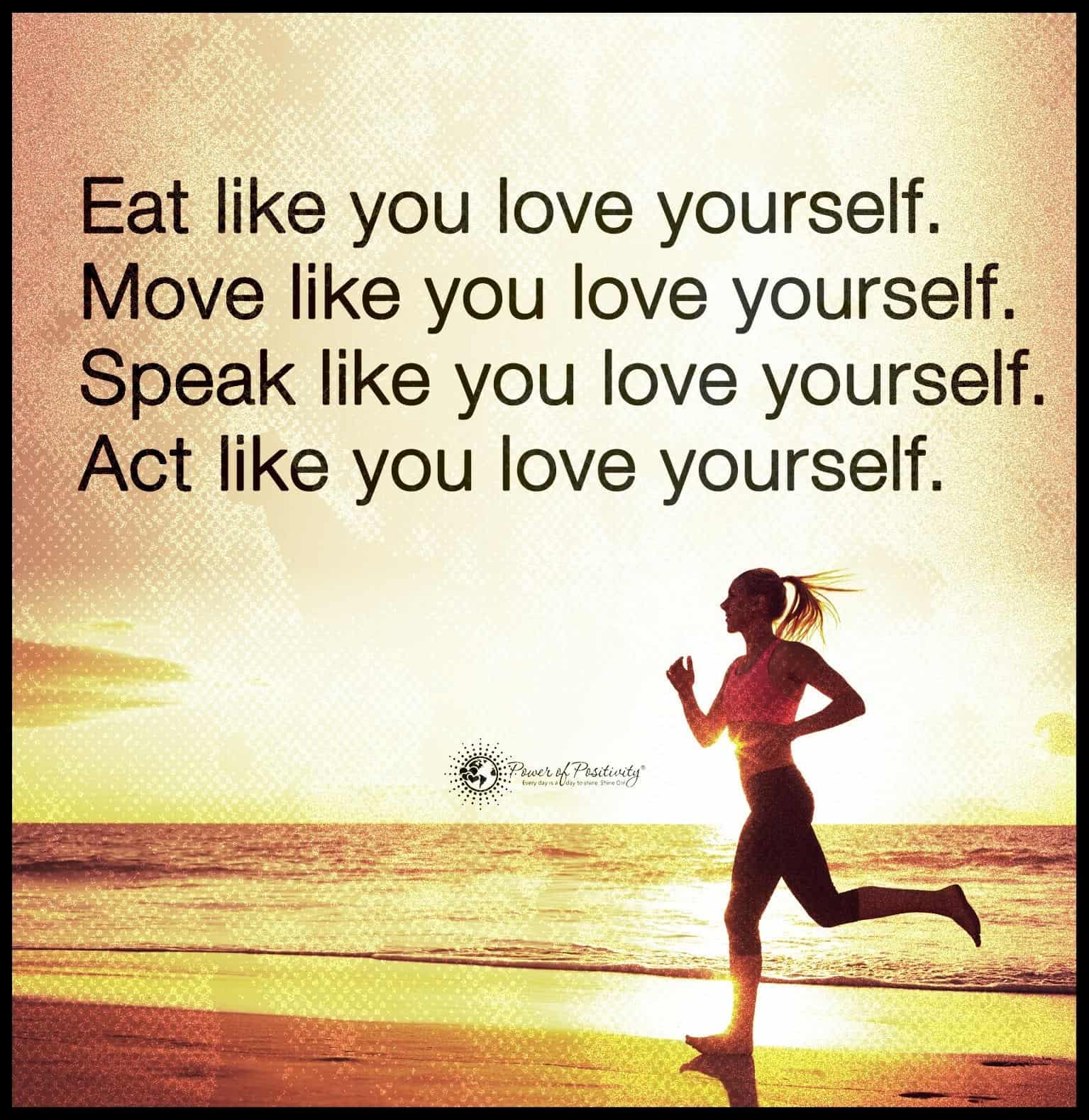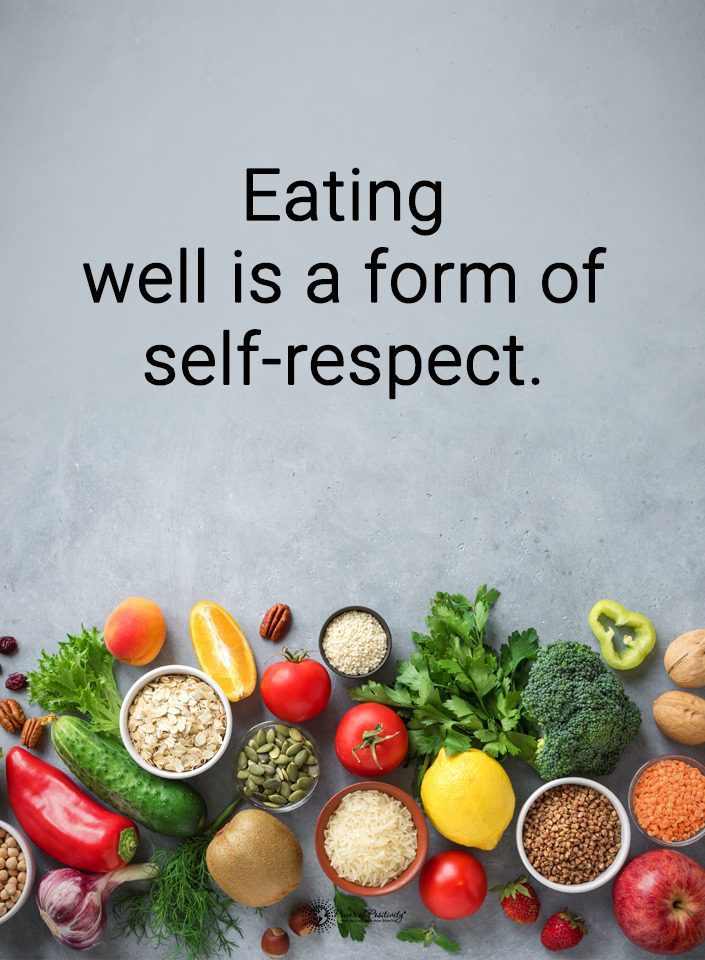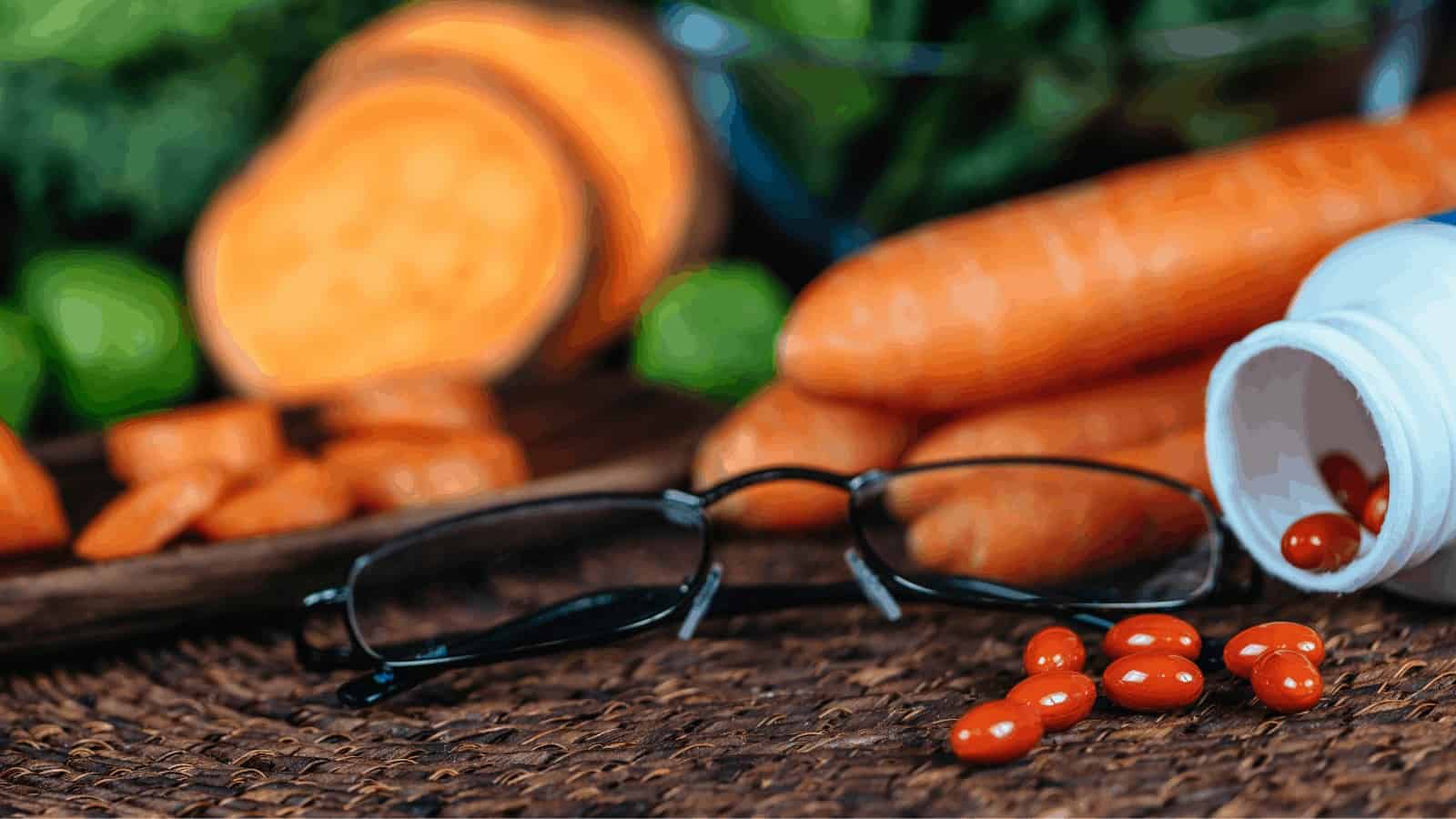Did your mother or father ever tell you to “Eat all your vegetables, so you’ll grow up to be healthy and strong?” How many times did you push your peas away or try to feed the carrots to the dog? Your parents knew that veggies were beneficial because they are loaded with vitamins and minerals–including lutein.
What is Lutein?
Do you remember your parents telling you to eat carrots for good eyesight? They didn’t know that carrots and some other tasty vegetables contain lutein, also called xanthophyll. How does this substance help your body?
 When you consider the color palette on your plate, fruits and veggies provide a rainbow of red, orange, and yellow hues. Xanthophyll is a carotenoid that’s responsible for these lovely colors. When you see the stunning foliage of trees in autumn, you see this natural pigment at work.
When you consider the color palette on your plate, fruits and veggies provide a rainbow of red, orange, and yellow hues. Xanthophyll is a carotenoid that’s responsible for these lovely colors. When you see the stunning foliage of trees in autumn, you see this natural pigment at work.
As a vitamin, this carotenoid acts as an antioxidant, per an article published by Nutri-facts. As oxygen is being absorbed into your system, some rouge compounds called free radicals remain in your body. If they aren’t effectively neutralized with antioxidants, they can cause damage your internal organs, and they can be detrimental to your health.
Even many dark green fruits and vegetables have xanthophyll. The only reason you don’t see it is because the abundance of green chlorophyll masks it. Xanthophyll is also present in animals and humans that ingest it, says a study published by the Archives of Biochemistry and Biophysics.
Xanthophyll gives egg yolks their classic yellow color, and it also provides color for animal flesh, feathers, and shells.
Eye Disease
When you think of xanthophyll, you can remember it as eye power. A diet rich in this powerful antioxidant can help prevent age-related macular degeneration (AMD), states an article published by the American Macular Degeneration Society. The report cites a study that demonstrated that six milligrams of xanthophyll a day could lower your risks of AMD by 43 percent.
According to a study published by Nutrition Journal, xanthophyll has other protective benefits for your eyes. It may help prevent eye diseases like retinitis pigmentosa and an inherited disorder called chloride mix. When you ingest xanthophyll, you may lower your risks of cataracts, says the study.
Eye Fatigue
With all the work that your eyes do in a day, it’s no wonder that they get sore and exhausted. They are constantly barraged by computer screens, cell phones, and artificial light. Supplementing your diet with xanthophyll may help reduce eye strain symptoms.
Your Skin
You only have one body of skin in your life, so you must protect it. One of the best ways is to wear sunscreen all seasons and wear light clothing that deflects the sun’s harmful UV radiation. Your diet also contributes to your skin’s health, especially one rich in beneficial antioxidants.
Did you know that the xanthophyll in colorful fruits and veggies can also defend your complexion? A study published by the Clinical, Cosmetical, and Investigational Dermatology shows promising correlations. Not only can it protect your skin from sun damage, but it can also boost antioxidant power to improve your overall skin tone.
Six Other Benefits of Lutein
While xanthophyll is one of your best friends for your eyes and skin, it may also prevent other diseases and disorders.
1. Amyotrophic Lateral Sclerosis (ALS)
ALS is a progressive neurological disease that affects cells in the brain, and spinal cord explains in an article published by Nutri-Facts. As these specialized cells are attacked, it affects the voluntary muscle system. The report cites a study finding that diets high in xanthophyll and beta-carotene may prevent or delay the onset of this debilitating disease.
2. Parkinson’s Disease
Medical science is discovering more about how xanthophyll can help protect cells in your body, including brain cells. Experts believe that Parkinson’s Disease is caused by damaged nerve cells that drop dopamine levels and leads to movement problems. A study published by Nutritional Neuroscience states that xanthophyll may protect these nerve cells or reduce the damage.
3. Cardiovascular Health
Your body depends on your heart and a vast network of blood vessels to circulate life-sustaining blood. When you eat a diet that’s high in saturated fats, it can eventually clog your arteries and threaten your heart. This condition, known as atherosclerosis, or hardening of the arteries, explains an article from the American Heart Association.
This article cites a study that showed how xanthophyll on the artery walls might prevent bad cholesterol from sticking and clogging the vessels. The study concludes that enjoying fruits and vegetables abundant in xanthophyll may prevent early-onset atherosclerosis. Since this condition causes most heart problems, the research suggests that xanthophyll can promote good cardiovascular health.
4. Cognitive Function
Do you want to keep your brain happy and healthy? Besides your regular brain fitness activities, you may consider eating vibrant fruits and veggies containing lutein. According to an article published by Current Developments in Nutrition, this carotenoid may benefit your cognitive performance from infancy clear into your senior years.
5. Hypertension
Hypertension, or high blood pressure, is another common disease in America. An article published by the American Heart Association states that approximately 103 million people in the United States are diagnosed with high blood pressure. The report also warns that the death rate due to hypertension rose by 38 percent in 2015.
If you have high blood pressure, you may be following a healthy diet and fitness plan to reduce it. Part of your plan probably includes eating a lot of fruits and vegetables.
6. Lowering Breast Cancer Risks
To date, there are no “cures” for cancer of the breast or other types. However, you may reduce your risk factors by modifying your diet, like eating lean proteins and more whole foods. Research published by the Molecules Journal suggests that the xanthophyll in fruits and vegetables may inhibit breast cancer cell growth.
 What If You Don’t Have Enough Xanthophyll in Your Body?
What If You Don’t Have Enough Xanthophyll in Your Body?
Did you know that your body contains xanthophyll? It’s one of the things that give your retina color. However, your body doesn’t generate its own, so you must get this nutrient from the food you eat. A study published by the European Journal of Nutrition says that the average consumption of approximately 1-2 milligrams may not be enough for you.
Without this beneficial nutrient, you could be putting your eye health at risk. Since xanthophyll is an essential antioxidant, lower levels may result in less protection against free radicals. Plus, you may be missing out on its many other possible benefits.
How to Get More Xanthophyll in Your Diet
If you want to get healthy, ditch the junk food and sugary snacks, and follow a nutritious diet plan as discussed with your primary healthcare provider. You should get most of your daily intake of xanthophyll from fruits and vegetables.
The chances are that some of your favorite fruits, veggies, and herbs are also abundant in this nutrient, which means you won’t need to alter your diet too much. Egg yolks are another excellent source of xanthophyll and protein, and they are low in carbohydrates too. Here are some whole tasty foods for you to consider:
- Eggs
- Papaya
- Oranges
- Brussels sprouts
- Green beans
- Broccoli
- Collard greens
- Spinach
- Corn
- Turnip Greens
- Kale
- Peas
- Carrots
- Leeks
- All colors of bell peppers
- Parsley
- Basil
Wheat and other grains offer a significant amount of this nutrient to your diet. This list is not exhaustive but represents some common fruits and vegetables most people eat.
An article published by the BrightFocus Foundation lists egg yolks at the top, whose carotenoid content is about 89 percent xanthophyll. Corn tops the article’s vegetable list at 86 percent. However, the report does mention that you should go easy on the eggs because of their cholesterol content.
What about Supplements?
If you’re concerned that you’re not getting enough of this vital nutrient in your diet, many supplements are on the market. However, the exact amount the body needs isn’t precise. An article published by the Center for Science in the Public Interest recommends that you get your share of this antioxidant by consuming a plant-rich diet.
The article also mentions that since xanthophyll is fat-soluble (dissolved in fat), you need a certain amount of healthy fats with every meal to absorb it. Consider heart-healthy fats like those from plant oils, fish, and nuts. Avoid things like vegetable, corn, or canola oils as they’re high in trans and saturated fats.
 Final Thoughts on Getting More Lutein in Your Diet
Final Thoughts on Getting More Lutein in Your Diet
Lutein creates a kaleidoscope of color in our world and on your plate. When you enjoy meals that include fresh fruits and vegetables, you are more than likely to get your daily needs. Not only are they delicious, but they can provide this vital carotenoid for your vision health and other benefits. If you are having visual difficulties, you may visit professional optometrists for a check-up.
















